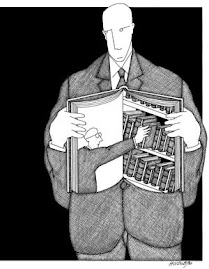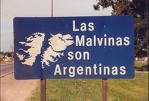De todos los acontecimientos en lo que participamos,
la búsqueda de una nueva forma de vida es el único aspecto todavía apasionante.

The Situationist maps present the most radical departure from the grid. In reaction to the rational city models embraced by Parisian postwar planners in the 1950s, he and his colleagues co-opted the map of Paris, reconfiguring the experience of the city through its authority. By manipulating the map itself, they intervened in the logic of the city, constructing an alternative geography that favored the marginalized, and often threatened, spaces of the urban grid. Torn from their geographical context, these areas were woven together by arrows inspired by the itineraries of the drift or "dérive". These "psychogeographic" maps proposed a fragmented, subjective, and temporal experience of the city as opposed to the seemingly omnipotent perspective of the planimetric map. As mapping is used as a tactic to bring together personal narratives about urban space, the Situationist maps provide a useful example of visualizing a subjective view of the city.














Jules
ResponderEliminarLo situacionistas (como Debord), son quizá los últimos idealistas. El problema es la viabilidad; como dice un periodista mexicano: no se puede pretender una nueva forma de vida en el capitalismo salvaje, con los métodos del situacionismo (comunismo en el original) primitivo.
A veces creo que este mundo ya no tiene remedio
Un beso
Sabe que yo los estoy conociendo ahora a los Situacionistas, y a Debord en particular, me gusta esto de "la experiencia subjetiva de la ciudad". Me gusta esto de "derivar" o "ambular" por ella.
ResponderEliminarAy mi Marichuchis hoy está Ud. pesimista del todo...jeje
abrazo!